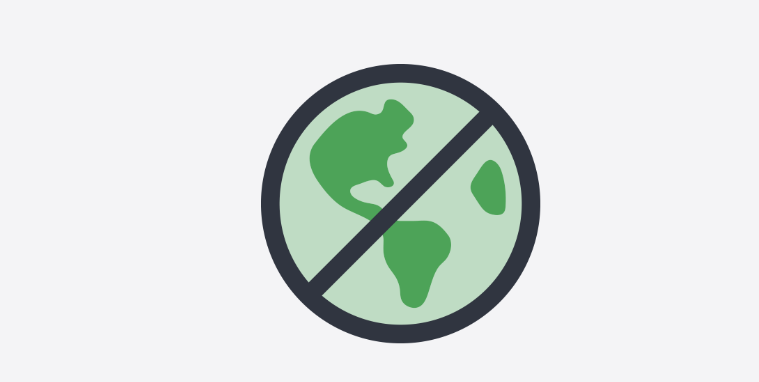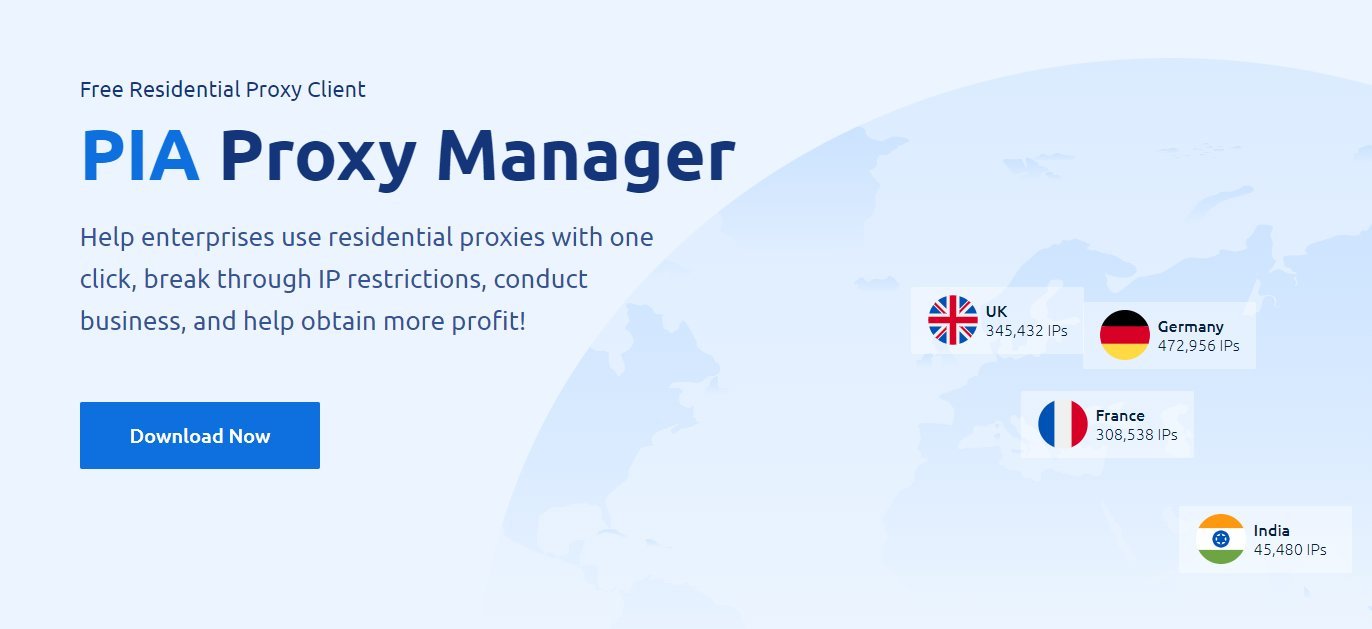How Can We Help You?

What is internet censorship, and how does it work?
The internet was founded on the idea that it would be a free and open space for expression. Unfortunately, internet censorship is becoming more common worldwide. But while technology provides the tools for Internet censorship, it also offers ways to fight back. We explain what internet censorship is, how it works, and how to defeat it.

What is internet censorship?
Simply put, internet censorship is the control or suppression of what content can be published, communicated, or accessed on the internet.
Where does censorship happen?
Censorship can be applied at any of several points when you are browsing the internet. Anytime you try to access a website, your internet traffic will be handled by your:
Device (e.g., your smartphone, your work laptop, etc.)
Local network (e.g., your home WiFi, your work WiFi, etc.)
Internet service provider (ISP)
Search engine of choice
This is not a complete list of all the places censorship can be applied, but it represents the most common examples enforced by governments.

What is censored?
This depends entirely on who is applying the censorship. You might apply child controls on your child’s phone to block pornography, your work WiFi might block torrenting services, and your national ISP might block access to foreign websites that are suspected of propaganda.
Other common targets for censorship include news organizations, social media platforms, like Twitter and Facebook, or messaging services, like WhatsApp or Telegram, as they provide quick, efficient ways to spread information and organize.
How does internet censorship work?
Internet censorship is usually implemented through one of the following methods. We briefly explain how they work and how you can bypass them.
Domain Name System (DNS) filtering and redirection
Your DNS queries are resolved by DNS servers operated by your ISP by default. This means your ISP can refuse to resolve requests for domains hosting censored content on their DNS servers, making the site non-accessible to browsers and causing them to return an incorrect IP address.
Internet Protocol (IP) address blocking
IP address blocking is a fairly simple way of censoring specific websites or platforms. First, the censor creates a list of the IP addresses or TCP/IP port numbers of all the websites to be blocked. Then, as browsers request to reach a website, the ISP will check each request against the list. If there is a match, the ISP will drop the connection.
Any websites on the same shared hosting server will share the same IP address and also be blocked as collateral damage. IP address blocking is the most common way to geo-block copyrighted content, like music or movies.
By blocking certain TCP/IP ports, censors can even block applications by their type of traffic.
Search engine blocks
Search engines have immense power to shape web traffic, which is why governments often threaten to block their service unless they agree to filter out objectionable content. Since this type of censorship relies on the cooperation of the search engine operator, it can only be enacted by national governments. Government censors will define what content is objectionable and must be removed from search results. Safe Search on Google is an example of a search filter, though its purpose is to block inappropriate material from children.
Deep packet inspection (DPI)
DPI is an advanced form of censorship used by certain states with strict internet controls. It works by inspecting the metadata of packets sent between servers to determine what type of traffic is being transferred. Authorities can then log, re-route, or block that traffic based on what they find. This is one of the few methods effective at blocking encrypted traffic.
The best way to defeat online censorship
PIA Proxy Manage is the best way to beat the most popular types of online censorship.

PIA Proxy Manager has over 50 million top residential proxies, each residential IP is an actual device acting as a proxy server to protect your real identity from detection. This prevents your ISP from viewing the website you are trying to visit and preventing it from applying any blocking. You can then connect to a server in another country where the content or service is not blocked. It's also helpful if you're somewhere in the Instagram-restricted world. It bypasses restrictions and restrictions so that you can handle everything normally without compromising private data.
This will let you beat:
DNS filtering
IP address blocking
URL filtering
search engine block
Why do you need PIA Proxy Manager?
- The world's number one 50 million residential agent
- Best proxy manager for bulk projects
- Hide your IP address and location anytime
- Easy to use, one-click quick connection
- No user logs are kept, protecting your online privacy
- No registration or configuration required
- You can visit websites in Indonesia, UAE, Saudi Arabia and 180 other countries
PIA Proxy Manager provides free proxy services. No configuration required, just click a button, change your IP and keep you anonymous online.








.png)






